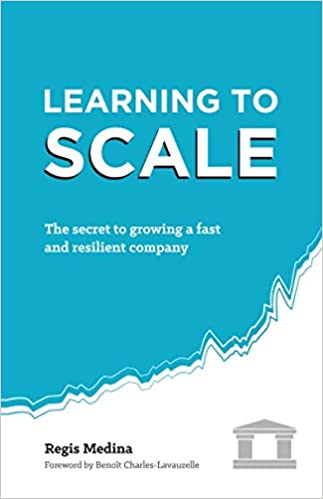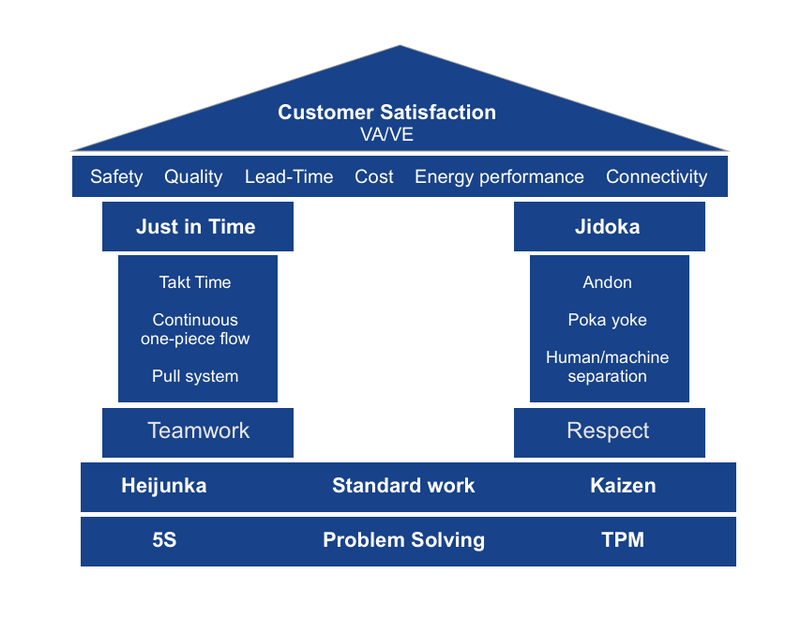Learning To Scale

Regis Medina
An exhaustive introduction to lean principles and practices. An important read for anyone looking to introducing lean principles to a software engineering team and is ready to start practicing.
Regis Medina was one of the early pioneers of Agile methodologies. He helped many French companies to adopt a lean strategy and build fast-growing, highly adaptive scale-ups.
I came across his book while doing his 8-week-long program to become a “lean practitioner”
The lean strategy is sometimes portrayed by gurus as a philosophy or a religion. As if it was the absolute truth and the only way to go.
What I like about this book is that it takes a different approach. More down to earth.
It presents the concept of lean as a business strategy to drive growth, based on the following idea
When people better understand what they do and why, they’re better at everything they touch and the company moves faster
This strategy aims to cure the “Big company disease”:
- defending process over customers
- defending silos over teamwork
- rewarding compliance over initiative
- confusing legacy and heritage technologies
Throughout the chapters, the lean components are introduced and explained with meaningful examples.
The lean strategy comes with its own vocabulary. Can it be practices (Gamba, Andon, Kaizen, Obeya, …), concepts (lead time, takt time, one piece flow, …) or tools (kanban, standards, …).
All of them are summed up in the following graph

While so many new concepts can be overwhelming, the book paves the way to the lean journey. It gives a clear sequence on what and where to start with. Introducing one concept at a time. Nudging the reader to try it out in his/her team before jumping to the next concept.
“Learning to Scale” is a good cookbook, it gives all recipes needed to learn the lean strategy.
But as any cookbook, practice makes perfect. There is no secret, and one must be willing to put the effort to get any value out of it. The good thing is that this book nudge the reader to get into action.
Even if you don’t consider yourself a lean practitioner, or don’t work in an environment willing to follow this approach, I believe some lean concepts or tools can be used on a daily basis in any team.